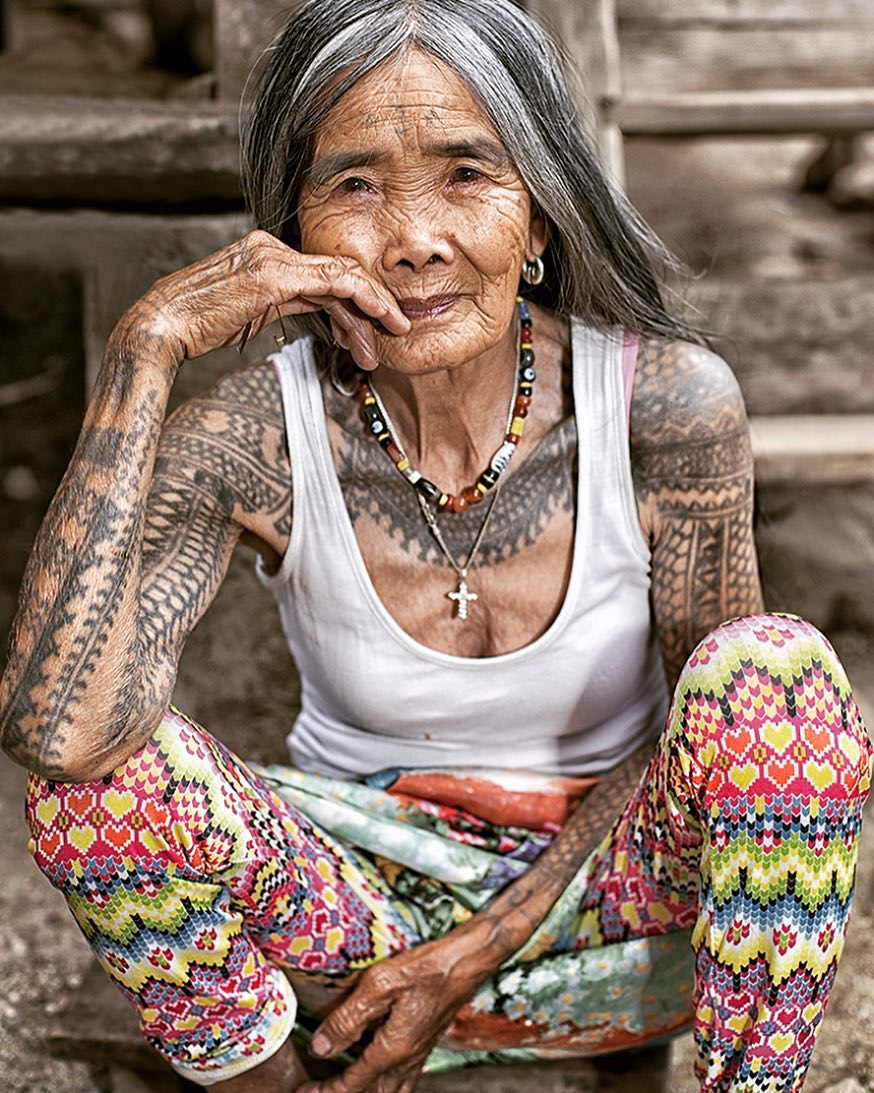What Are Tribal Tattoos?
Tribal tattoos refer to traditional tattooing styles originating from indigenous cultures worldwide. They are characterized by bold black lines, geometric patterns, and symbolic imagery that often represent social status, achievements, spirituality, or protection.
Historical Significance
Long before modern tattooing machines, tribal tattoos were etched into the skin using tools made of bone, wood, or metal. These tattoos served various purposes:
- Spiritual Protection: Tattoos were believed to ward off evil or connect the bearer to the divine.
- Social Status and Identity: Certain patterns indicated rank, lineage, or tribal affiliation.
- Rites of Passage: Tattoos often marked significant life events such as puberty, marriage, or battle victories.
Major Regional Styles
Polynesian Tattoos (Tatau)

Originating from Samoa, Tonga, and Tahiti, Polynesian tattoos feature complex patterns of lines, triangles, and curves. These tattoos tell a story unique to each individual, with motifs that represent elements such as ocean waves, animals, and gods.
Māori Tattoos (Ta Moko)

Hailing from New Zealand, Māori tattoos are known for their intricate spirals and curves, carved directly into the skin. These facial and body tattoos hold deep meaning, reflecting genealogy, status, and personal history.
Filipino Tribal Tattoos

Worn by indigenous groups such as the Kalinga, these tattoos signify bravery, especially among warriors. Designs often include centipedes, snakes, and rice terraces, showcasing the blend of natural and spiritual symbolism.
African Tribal Tattoos

In regions across Africa, tattoos (and scarification) mark transitions, beautify the body, or protect against evil spirits. The patterns vary greatly among tribes and are often combined with cultural rituals.
Best selling products
Tribal Tattoos
Modern Interpretations
While many people today get tribal-style tattoos for aesthetic reasons, it’s essential to understand and respect the cultural origins of the designs. Modern artists may blend traditional tribal patterns with contemporary techniques, creating new forms of expression while paying homage to ancient roots.
Ethical Considerations
- Cultural Appropriation vs. Appreciation: It’s vital to research the meaning behind tribal designs before getting tattooed. Consulting with artists who specialize in or have roots in the culture helps ensure respectful representation.
- Authenticity: Traditional tribal tattoos were earned, not simply chosen. Wearing one today should come from a place of understanding and acknowledgment.
Choosing a Tribal Tattoo Artist
- Look for an artist experienced in tribal styles.
- Study portfolios for clean line work and authentic pattern replication.
- Discuss the symbolism behind your design to create a meaningful piece.
Conclusion
Tribal tattoos carry centuries of history, spirituality, and identity. Whether you choose a design rooted in Polynesian, Maori, Filipino, or African tradition, these tattoos remain potent symbols of connection, strength, and culture, both ancient and modern.



